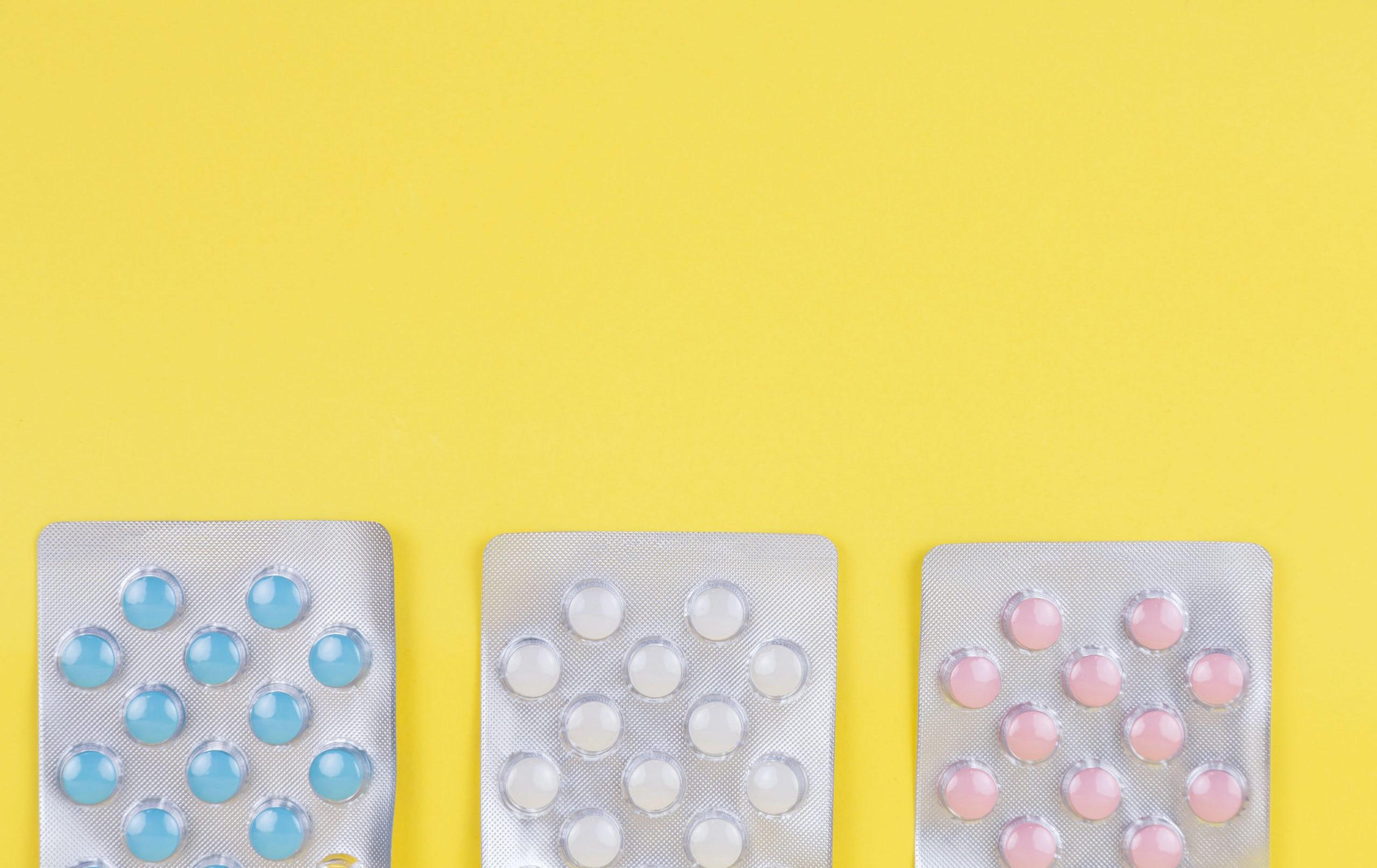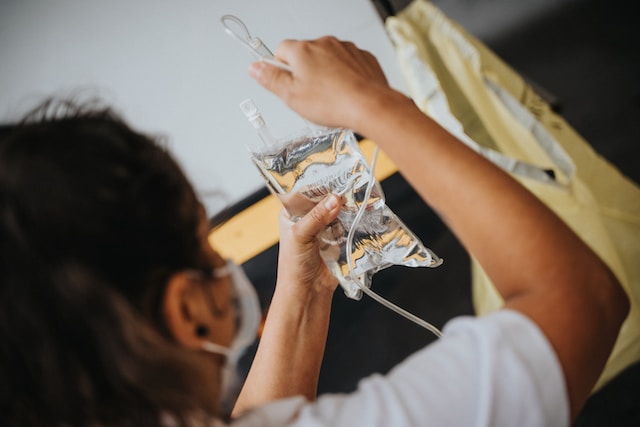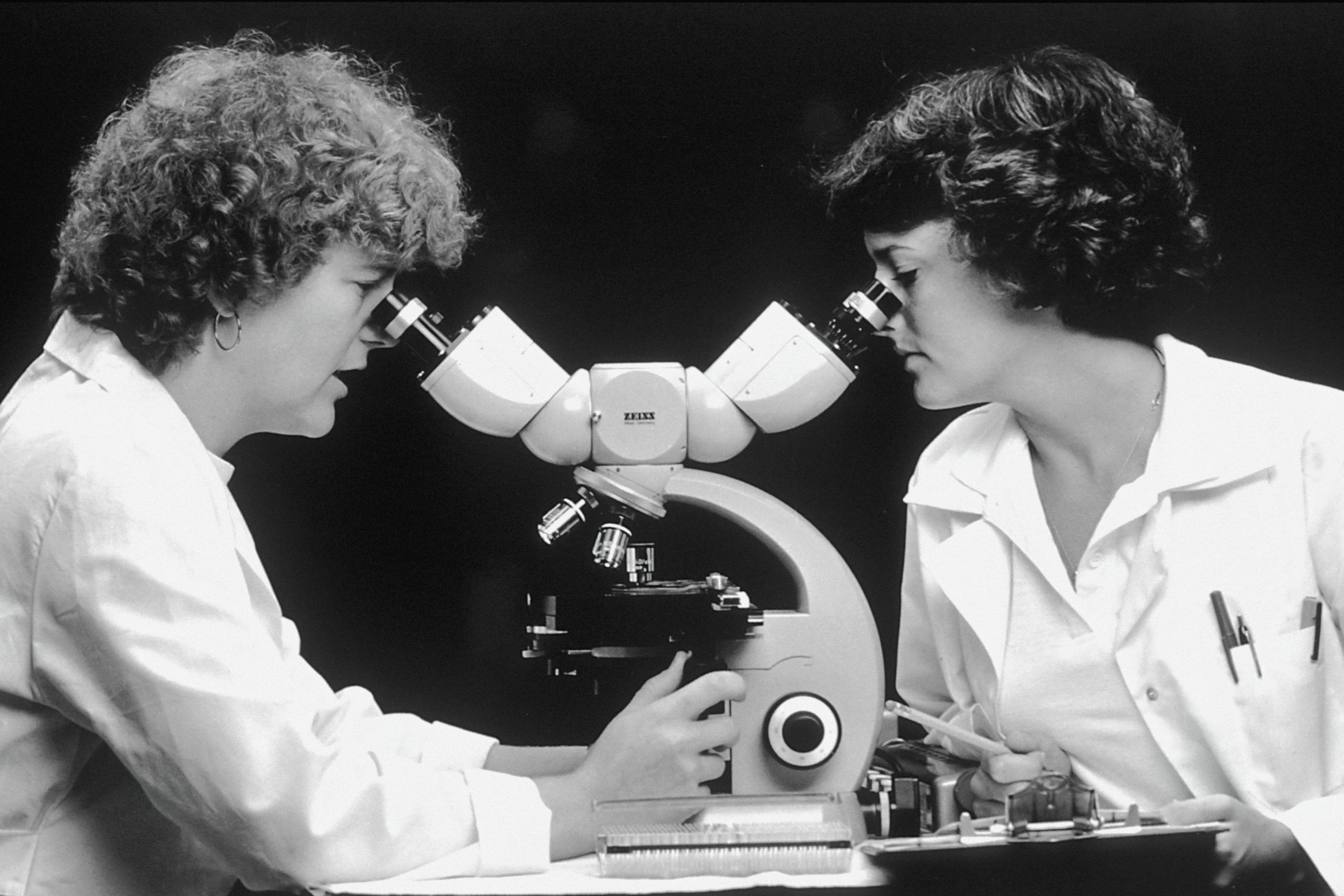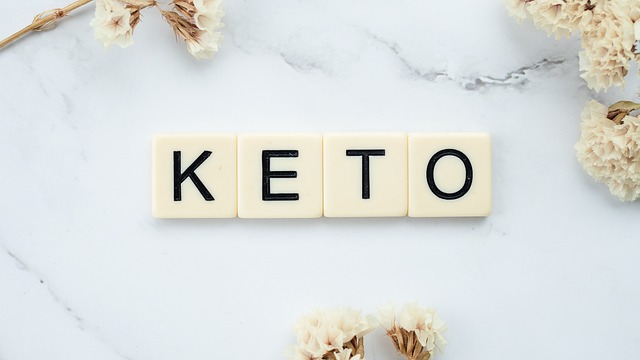Most mythological stories feature a character who never ages or an alchemist who has found the secret to immortality – in layman terms, it is commonly referred to as the ‘Fountain of Youth’. Thus the idea of immortality has been around for centuries and the quest for its source continues. In the modern world however, the search for this ‘Fountain of Youth’ is being led by scientists from reputable universities, and recent studies have shown that we might just have found an important ingredient. It isn’t some rare or unknown mineral, but a protein called Sirtuin.
What are Sirtuins?
Evolutionarily speaking, Sirtuins are ancient proteins. They are found in all life forms on the planet, ranging from bacteria to large mammals, and have remained unchanged over thousands of years. There are different types of Sirtuin proteins, differentiated by just a number. They play an important role in the signaling mechanism inside the cell. In humans, there are seven known sirtuin proteins, three of which are found inside the nucleus, one in the cytoplasm, and three in the mitochondria – or the powerhouse of the cell. SIRT6, found in the nucleus, has gained special importance in the field of longevity and aging research.
Scientific studies have found SIRT6 to play an important role in the biochemical pathways related to aging. SIRT6 is an important contributor to DNA repair and maintenance of telomere length. DNA, the genetic material in our cells, is prone to breakage as we age. SIRT6 is part of an in-house system that repairs these breaks. However, as we age, the system also becomes less effective leading to diseases such as cancer.
But that is not all that sirtuins do. They also have a role in how we utilize oxygen in the body. Oxygen is used to convert the food we eat into energy that can be used by cells in the body. Adenosine Triphosphates (ATPs) are easy-to-use energy molecules in the body and sirtuins also play a role in how they are generated. Moreover, it has been found that the function of sirtuin can be improved with fasting and calorie restriction.
In a recently published study, researchers at Bar Ilan University in Israel increased the expression of SIRT6 protein in 250 mice using genetic modification methods. By doing so, the researchers were able to increase the lifespan of the mice by 30%. As was expected with this change, the mice did not appear frail and were able to do the same strenuous activities as the younger mice, even though they were much older in age. The study also found that increasing SIRT6 protein in the mice did not increase their risk of developing cancer. While similar experiments in humans are not feasible at this point in time, the researchers are confident that replicating them in humans could easily increase lifespan to 120 years.
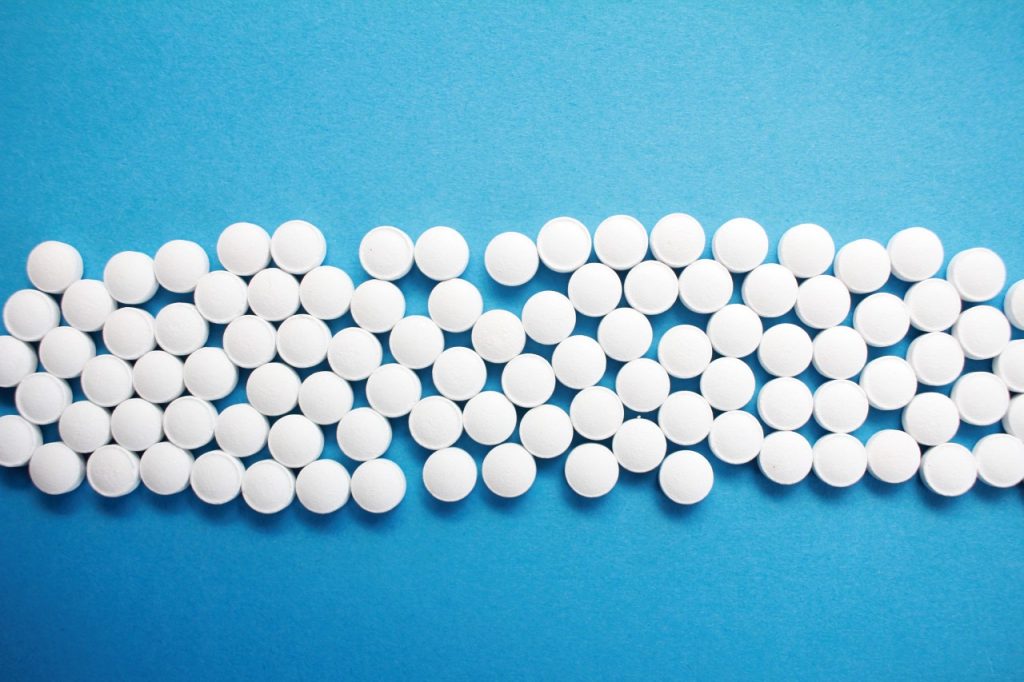
Research on sirtuins has been going on for a while and it is hardly a surprise that the markets are flooded with sirtuin supplements. Modern-day supplements are usually sourced from seaweed, which also happens to be an ingredient in the diet of many cultures in the East. Although sirtuins are found in all life forms, it is easy to extract them from seaweed for commercial applications. However the sirtuins found in seaweed are not the same as those found in humans, neither in its makeup nor in its function. So, which sirtuin is the best?
In search of the most potent sirtuin
Scientists have been examining the sirtuins in animals with different lifespans. While the protein is largely the same, there are some distinctions. To be precise, researchers have found that there are five amino acids – building blocks of the protein – which vary between animals such as mice, who have a short lifespan, and beavers who live longer. They believe that this difference makes the SIRT6 protein not only more active but also more effective when performing its function. Therefore, the SIRT6 protein can be more effective at repairing DNA breaks and generating ATP, thus making its host more agile and less prone to disease.
In the future, scientists hope to replicate these “good” differences in the SIRT6 protein in humans. Making genetic changes might be a challenge but a vial of improved SIRT6 could help us become healthier and more agile. The promise of a ‘younger future’ has just begun.
